Question And Answer
Publications
Articles, publications, books, tools and multimedia features from the U.S. Institute of Peace provide the latest news, analysis, research findings, practitioner guides and reports, all related to the conflict zones and issues that are at the center of the Institute’s work to prevent and reduce violent conflict.
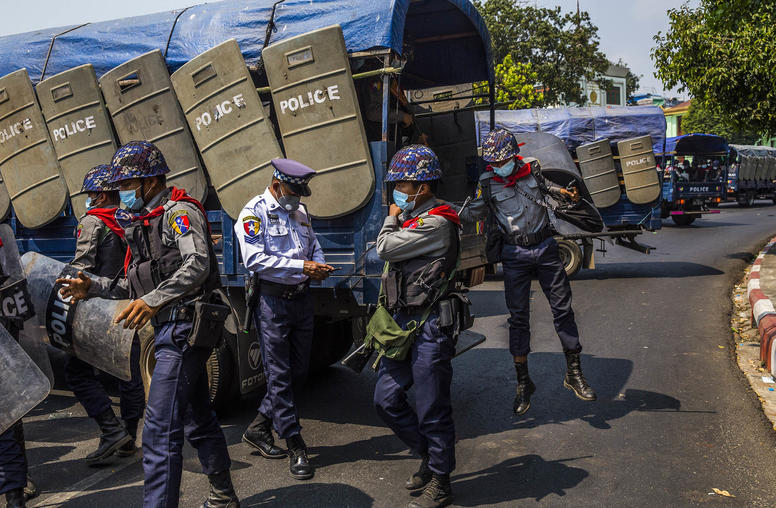
In Myanmar, the State the Generals Seized Is Coming Apart
Over the past six months under the junta’s “care,” the chaos and turmoil sparked by the coup has moved the country past the brink of failed state status. Growing armed resistance is emerging in the shrinking area where the military’s unbridled brutality has preserved its veneer of control. In liberated zones and particularly in regions controlled by ethnic armed organizations (EAOs), new forms of governance and even sovereignty are taking shape in the vacuum left by Commander-in-Chief Min Aung Hlaing’s war on political reform.
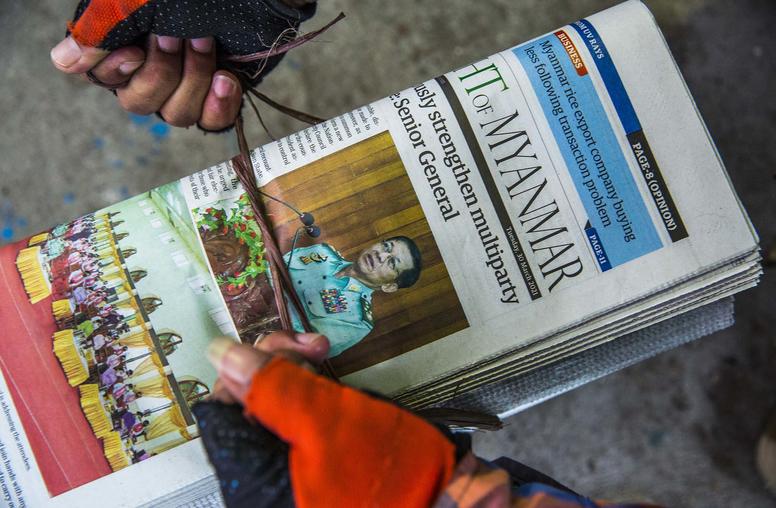
Myanmar: China, the Coup and the Future
In making major deals with Myanmar’s military rulers, China seems to be violating its official guidance for investment abroad: Avoid conflict zones. Although Myanmar is in a state of collapse and widening rebellion, China continues to advance plans for a complex economic corridor in the country with the military unveiling steps to move ahead with big joint-venture projects. The generals’ bid to appear in control of things is obvious. China, on the other hand, seems to have fallen into a trap. Cozying up to the junta puts its investments at immediate and long-term risk and erodes its standing in regional organizations. To protect its interests, Beijing should press the junta to curb its rampant violence against the population and to restore the elected government.
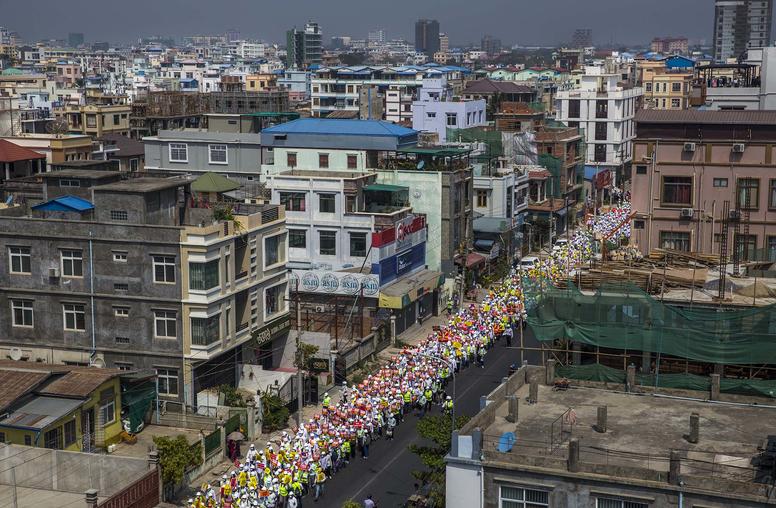
Chaos in Myanmar Is China’s Nightmare
The suspicion that China approved the military coup against Myanmar’s elected government runs deep among Burmese resisting their new dictatorship. Perhaps proof of such meddling will emerge someday. For now, what seems clear is that China would not have chosen to knowingly embroil its interests in Myanmar in the chaos that has followed the army’s power grab. On virtually every front, from public health to national security, China now faces new threats created by the post-coup breakdown in governance and the rule of law. As these consequences come into focus, Beijing will have to decide whether to maintain its tacit acceptance of the generals’ regime or take a different policy tack to protect investments in its neighbor to the south.
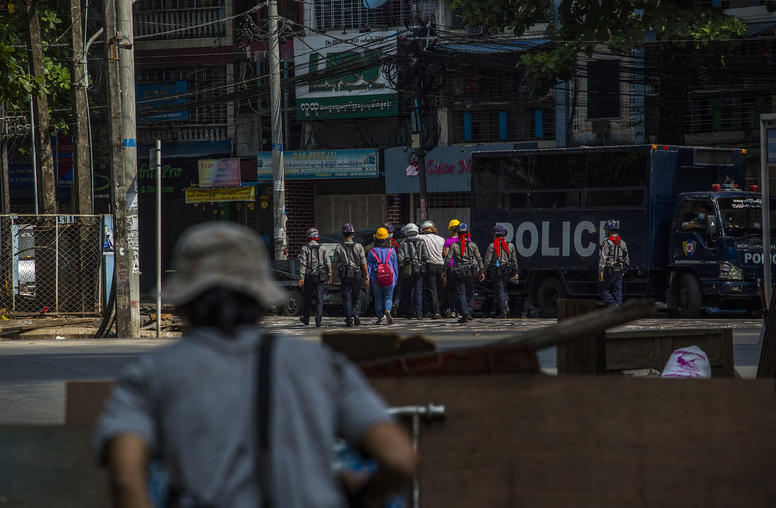
Chaos Sparked by Myanmar Coup Fuels Chinese Cross-border Crime
In the two months since the military reestablished its tumultuous rule, criminal activities in Myanmar have widened dramatically, posing new challenges to the region’s efforts and ability to control cross-border crime.
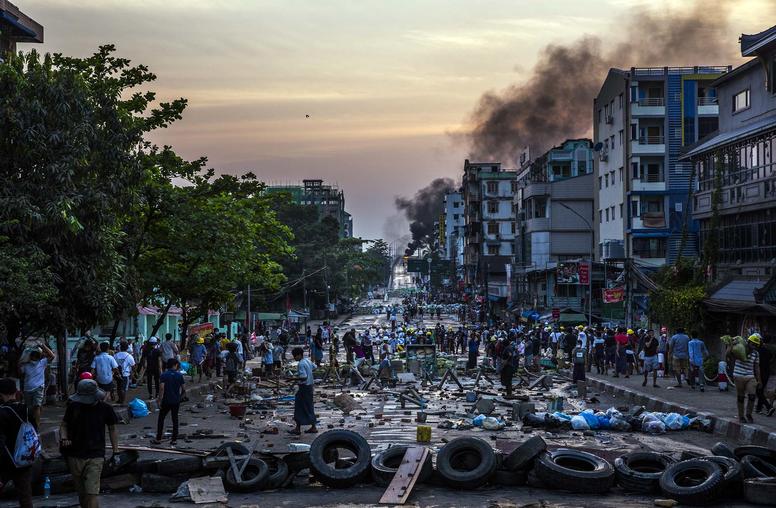
Myanmar Coup Weakens Southeast Asia Security and Cooperation
Southeast Asian governments have reacted to the coup in Myanmar in diverse ways that reflect divergent interests. Some, such as Singapore, have condemned the generals’ violence against anti-coup protesters. Others, including Vietnam, have strategic concerns behind their limited willingness to speak out. Cambodia may believe it benefits from the takeover as international attention shifts to Myanmar. They can all agree, though, that fallout from the coup is damaging the Association of Southeast Asian Nations (ASEAN) at a time when the broader regional order is in flux.
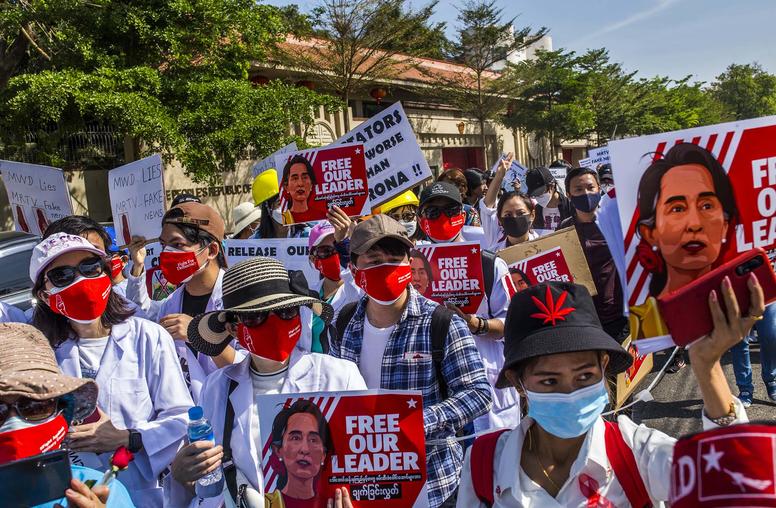
China’s High-Stakes Calculations in Myanmar
The ultimate outcome of Myanmar’s nine-week-old coup will affect a range of international actors — but none more than China. As Asia’s greatest power, China has strategic and economic stakes in its neighbor to the south that leave little space for genuine neutrality behind a façade of non-interference. Since February 1, Beijing has profoundly shaped the trajectory of post-coup violence and blocked international efforts to restore stability.
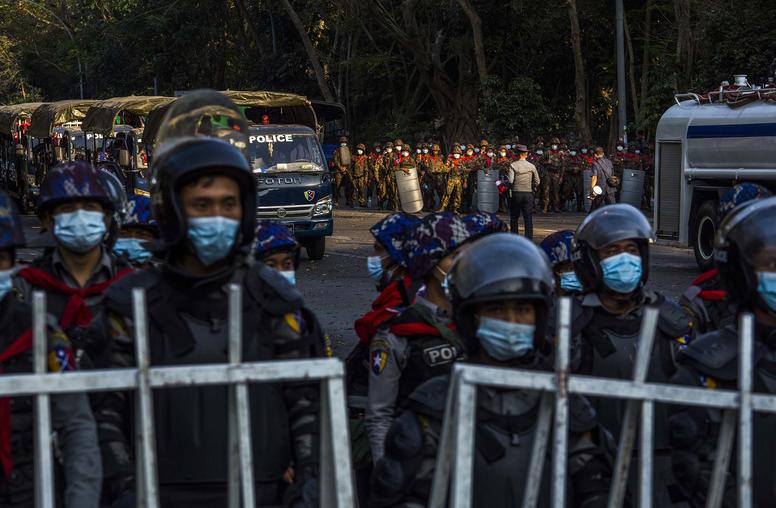
Myanmar Coup: The International Shockwaves Have Just Begun
Myanmar has collapsed into horrific violence since the military sought to retake full control of the country on February 1. Western governments have watched in distress as soldiers rounded up civilian leaders including State Counsellor Aung San Suu Kyi and President Win Myint, restricted internet access, rolled back individual freedoms and ultimately employed violence against the people. These domestic effects of the coup have been widely noted. USIP’s Jason Tower examines here the less discussed international security repercussions, the response of regional actors and options for preventing mass atrocities in the coming weeks.
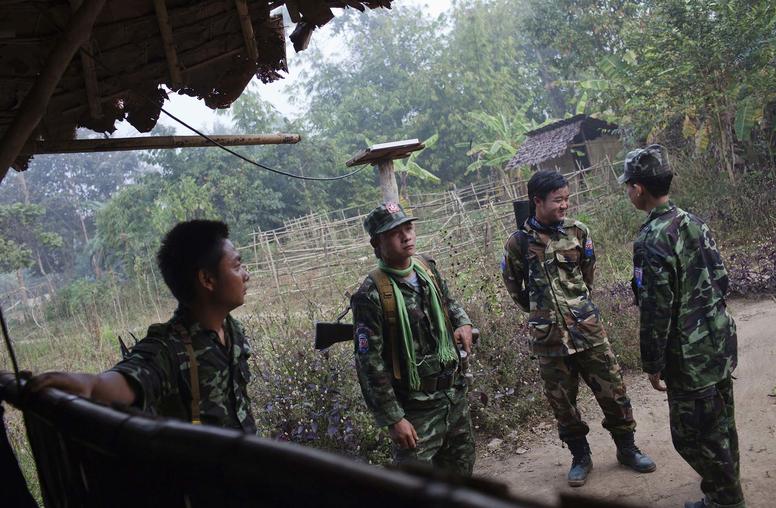
Myanmar: Army Moves Against Chinese Crime Groups in Autonomous Zones
Myanmar authorities, alarmed by the surging growth of autonomous zones where criminal interests operate under the protection of domestic militias, are moving to curb the influence of Chinese transnational crime groups in those areas and impose the rule of law.
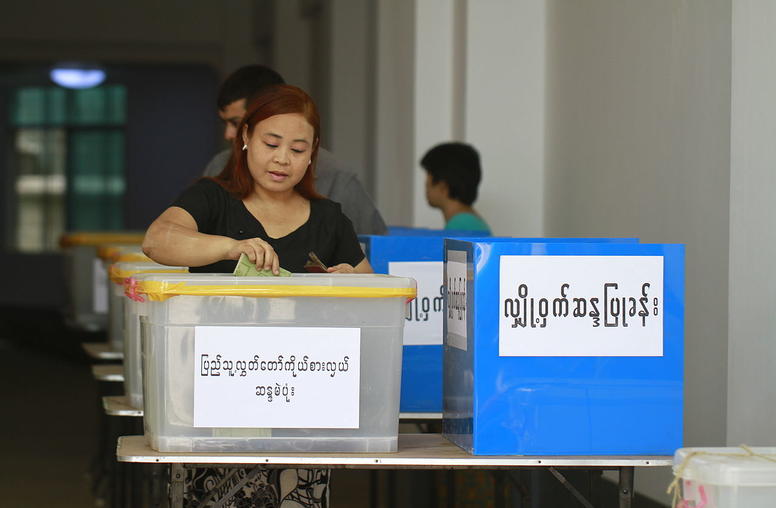
Myanmar Elections 2020: Ethnic Tensions and a Military Hand
The ruling National League for Democracy (NLD) is expected to win Myanmar’s general elections on November 8, but the 2020 race is much more hotly contested than 2015. The growing political frustration of the country’s non-Burma ethnic nationalities is fueling insurgencies and the military-affiliated Union Solidarity and Development Party, and its armed forces patrons, are criticizing the government and attacking the country’s feeble electoral institutions. The way Myanmar’s ethnic nationalities experience the process will have major implications for peacemaking efforts moving forward.
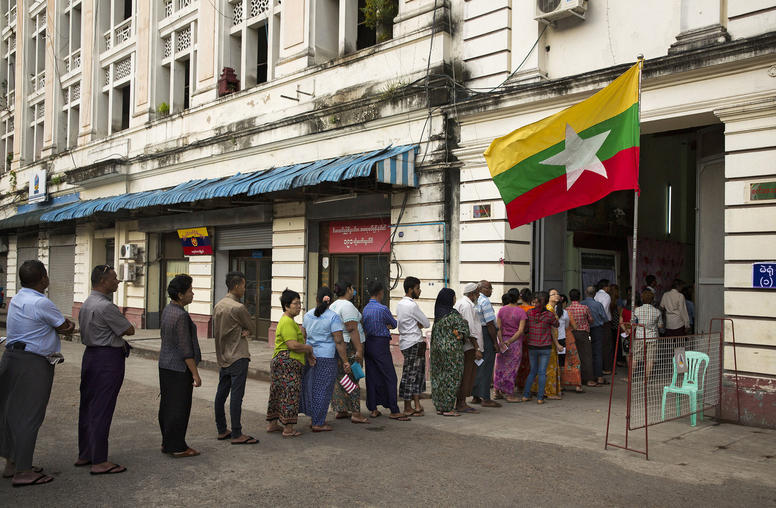
Election Cancellations in Rakhine State Could Signal Trouble for Myanmar
On October 16, when it took the stunning and sweeping decision to cancel most of the vote in Rakhine State on November 8, the Union Election Commission (UEC) disenfranchised an estimated 73% of Rakhine voters, in addition to the Rohingya who had been stripped of voting rights in 2015. The UEC justified its decision on the grounds that the election could be neither free nor fair because of ongoing armed conflict in the state. When critics asked why the elections had not been cancelled in war-stricken Paletwa, where security concerns are most acute, the UEC called off elections in parts of that Chin State town and restored them in a few village tracts in Rakhine.